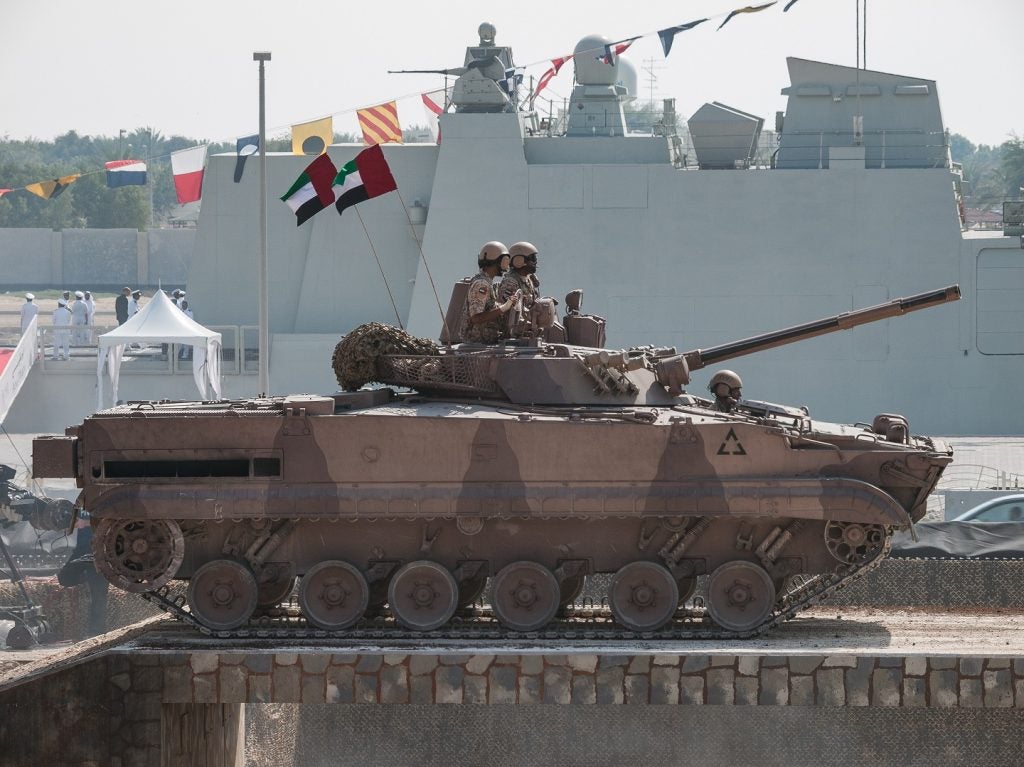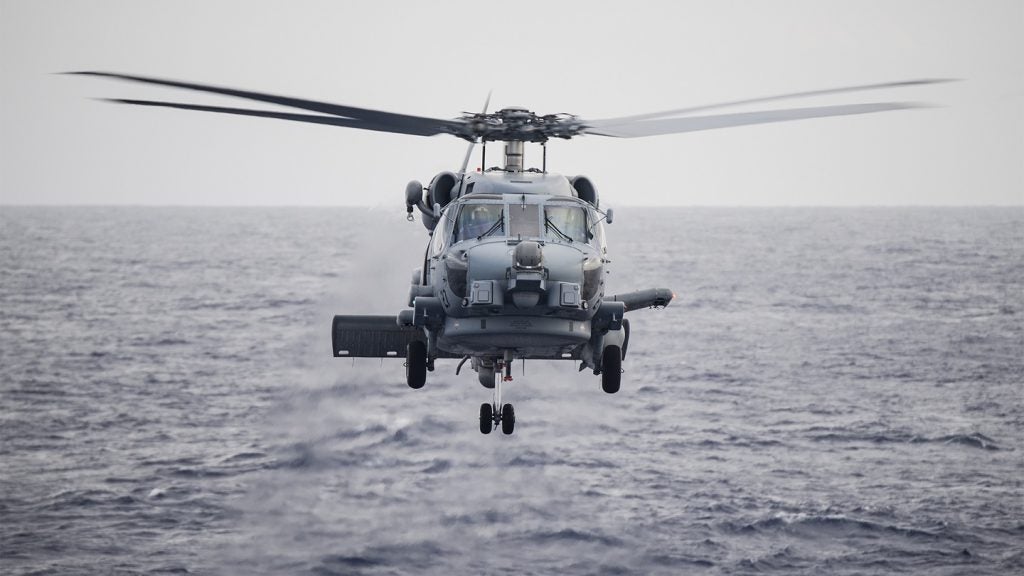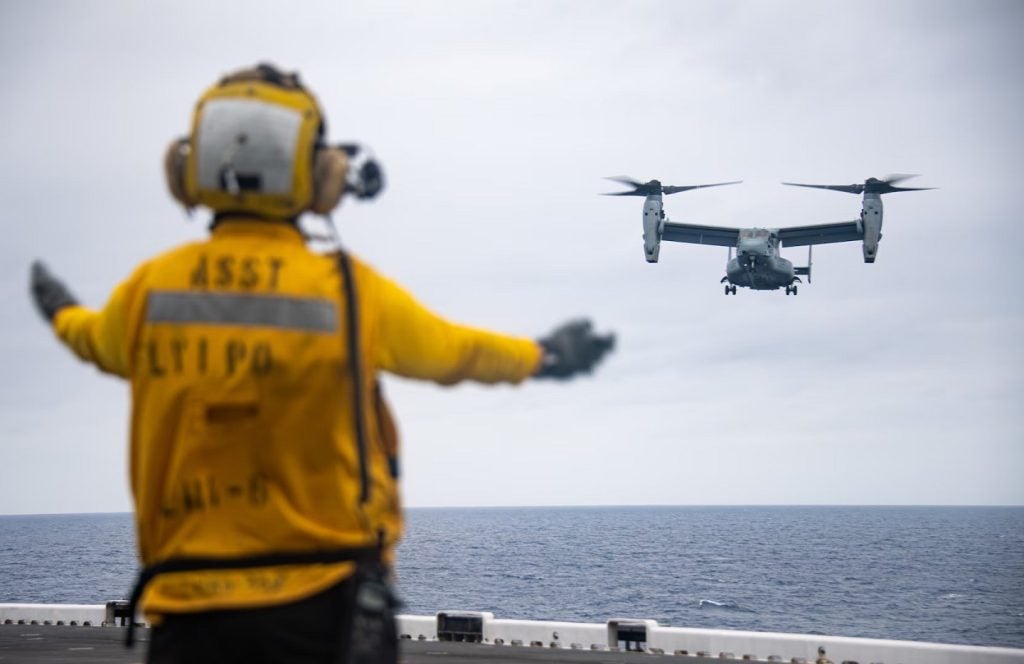The United Arab Emirates (UAE) is witnessing a surge in defence expenditure, signalling a comprehensive modernisation drive aimed at fortifying its military capabilities amidst escalating regional tensions.
According to insights from GlobalData's "The UAE Defense Market 2024-2029" report, the UAE's defence budget is projected to reach $30.7bn (Dh112.6bn) by 2029, reflecting a compound annual growth rate (CAGR) of 4.1%. This increase shows the country's strategic imperative to bolster its Armed Forces and adapt to evolving security challenges in the Middle East.
Army, Air Force, and Navy modernisation initiatives
The UAE's Armed Forces are undergoing a modernisation effort spanning its Army, Air Force, and Navy. In response to evolving threats, the Emirati Navy is shifting its focus towards expeditionary warfare capabilities, with plans for fleet expansion and the acquisition of advanced naval vessels such as Gowind-class corvettes and Falaj-class patrol vessels armed with missile systems.
Simultaneously, the Emirati Army is enhancing its expeditionary warfare capabilities through the adoption of specialised platforms like the Jobaria Multiple Cradle Launcher, which maximises battlefield firepower. Additionally, investments in modernising the armoured vehicle fleet and intensifying training regimes reveal the UAE's readiness for overseas operations.
In the domain of air defence, the UAE is bolstering its capabilities to counter ballistic missile threats, particularly from Iran. Acquisitions such as the Patriot air defence missile systems and KM-SAM from South Korea highlight the country's commitment to safeguarding its airspace against emerging threats.
According to GlobalData's "The UAE Defense Market 2024-2029" report, the UAE's defence expenditures recorded a CAGR of 6% between 2020 and 2024, reaching $25bn in 2024. Per capita defence expenditures are projected to increase from $2,592 in 2024 to $3,062 in 2028.
Geopolitical imperatives and defence strategy
The UAE's heightened defence spending is motivated by regional dynamics, including territorial disputes with Iran and the threat posed by Iran-backed Houthi rebels in Yemen.
Moreover, the normalisation of ties with Israel under the Abraham Accords has reshaped the country's defence posture, allowing it to redirect resources towards countering Iranian influence in the region.
As tensions escalate in the Middle East, the UAE's defence budget shows its commitment to national security and regional stability. Through investments in its Army, Air Force, and Navy, the UAE aims to navigate complex security challenges while solidifying its position as a key player in the region's defence landscape.











